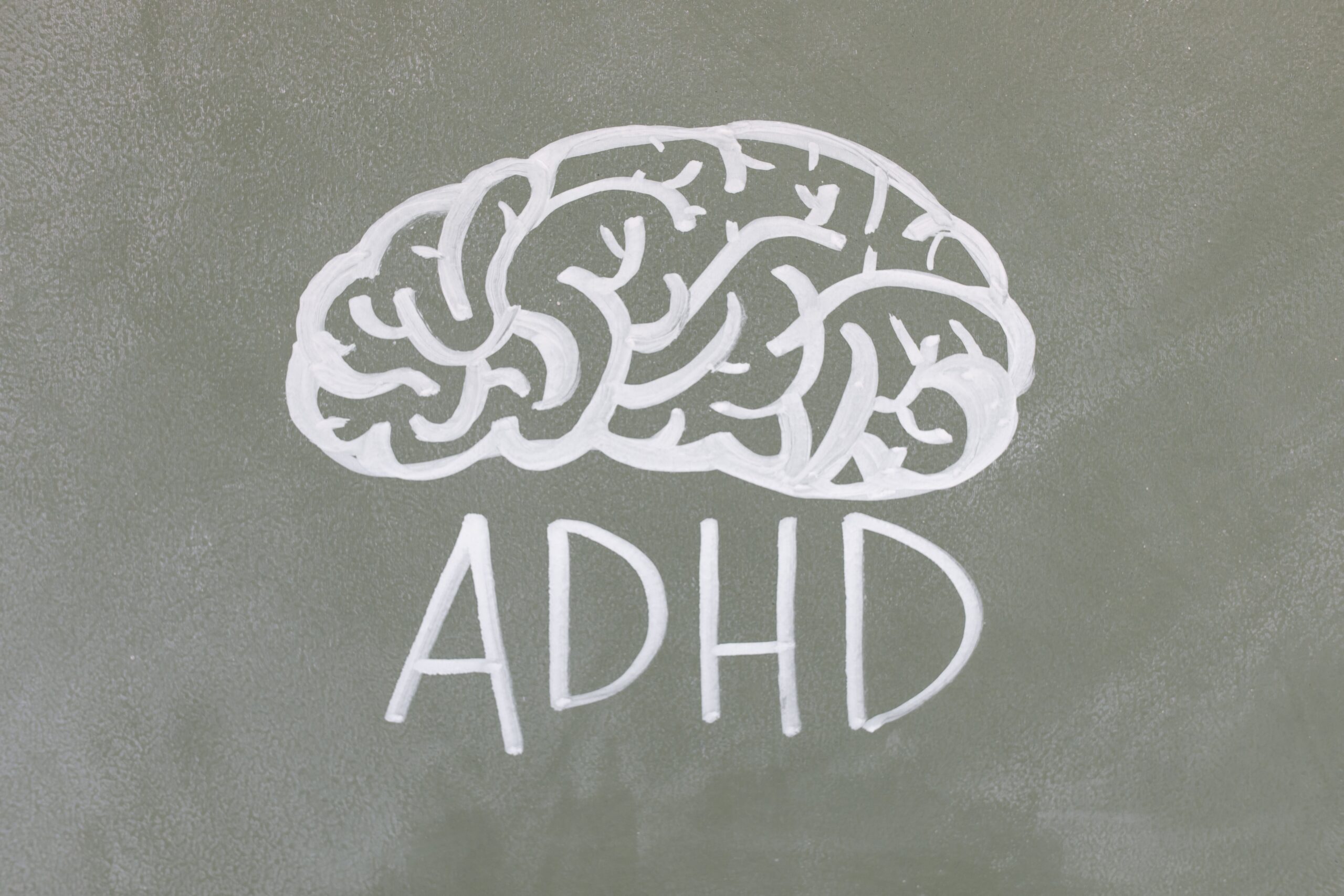It’s not uncommon for adults with ADHD (Attention Deficit Hyperactivity Disorder) to have trouble sleeping. In fact, research shows that around 75% of adults with ADHD have a sleep disorder.
Do you also have trouble switching off and getting to sleep at night? You are not alone.
Sleep can be a double-edged sword for individuals with ADHD. Not only is it harder to come by, but it also is needed more greatly. Coping with ADHD symptoms is more manageable after a good night’s sleep. However, getting sufficient shuteye proves impossible more often than that.
At our clinic in Dubai, we have lots of experience in taking care of adults who need help with ADHD and sleep. Here is the advice we commonly give, plus how we use specialist, non-invasive treatments to help.
Why sleep is so vital if you have ADHD
All adults need high-quality sleep, even if they have no health issues. Sleep is an essential function that helps the body rest, repair and stave off diseases. Good sleep is needed for good health. It’s also really important for brain function.
Poor sleep has a detrimental effect on brain function for adults with ADHD, according to research published in the Journal of Attention Disorder. In other words, symptoms will worsen if a person is consistently not sleeping well.
It’s really important that all adults with ADHD prioritize good sleep, even more so than a neurotypical person. Here are some tips for how they can do so.
Focus on consistency
There’s a sleep habit many people fall into, but it may be doing more harm than good: the weekend lie-in. With our busy lives, it’s very easy to fall into the trap of working and living at a fast pace during the week, ignoring the need for sleep and putting it onto the to-do list for the weekend.
The thing is, undersleeping during the week and oversleeping over the weekend just doesn’t work. It can cause something called sleep/wake dysregulation. This is when the body’s internal clock becomes very confused.
Normal nighttime sleep signals do not happen, resulting in late-night insomnia. During the daytime, sufferers may get very sleepy.
The result is poor quality sleep throughout the week and during the weekend. You may feel like you can never catch up. If this scenario seems familiar to you, then you need to work on getting your biological clock in order. This may take a week or two. Follow the next few tips to reset your body clock.
Aim for more hours
Has anyone ever told you that you can never catch up on lost sleep? Well, this isn’t really true. The benefits of sleep are cumulative.
So, one bad night may be manageable if you have a good night on either side of it. Problems begin when you don’t sleep enough on most nights. But, how much sleep is enough?
We always recommend aiming for 8 hours of sleep each night. This means setting a bedtime that allows an 8-hour stretch before your alarm wakes you up. But listen to your own body. Your personal sleep requirement may be different. Find what works for you and commit to it.
Have a bedtime routine set in stone
A fixed bedtime needs to be your new golden rule. Set a time that allows you to easily get that magic number of hours and try not to deviate from it. This will nurture a healthy biological clock and put a lot of your sleep problems in the past.
Once your new bedtime is working for you, you can occasionally deviate a little. But try to make sure you don’t alter your bedtime by more than an hour and try to remain as consistent as possible.
Don’t forget, you need to complete other tasks before sleep, so remember to start them early enough to make sure you are ready for lights out.
Clear the obstacles to a good night of sleep
Try to identify patterns in your sleep, especially when or if you have a poor few nights. Keeping a sleep diary may prove useful for this.
What do your bad nights have in common? What could the triggers be? Common examples are working longer hours, late-night TV or phone use, or a period of acute stress.
You may find your triggers are avoidable. You could lay down some rules for yourself such as putting your phone away by 9 p.m. or leaving the office by 6 p.m. no matter what.
Remember that your ADHD symptoms are more difficult to manage when you are sleep deprived, so never feel guilty about prioritizing sleep over work or anything else.
Find a permanent solution
These hacks should work well, but you may still find you have lingering sleep problems, no matter how hard you try.
At our Dubai clinic, we specialize in providing our ADHD patients with a permanent solution to their sleep problems. We use neurofeedback therapy, which is a medication-free, non-invasive approach. It tackles many other ADHD symptoms as well as sleep problems.
What is neurofeedback therapy?
Neurofeedback therapy works through using an EEG to monitor your brainwaves whilst you sit comfortably, watching a favorite show.
We then give feedback: every time your brain does something right, it is rewarded by a clearer picture and sound. Over time, this trains your brain to focus better, and for longer.
A patient’s exact course of treatment is set following an assessment that highlights their brain’s existing strengths and weaknesses.
After a series of sessions, often around 20, ADHD patients find that their symptoms reduce dramatically. They are less likely to suffer from inattentiveness or distraction. Better sleep is also a key benefit.
ADHD medication may improve symptoms, but it is typical that once a patient stops taking medication, the symptoms return. This is not the case with neurofeedback for ADHD. After a six-month follow-up, we can still see the positive results.
ADHD-related sleep problems can take a while to resolve, but patience is always rewarded. To make an immediate start, begin following the tips for better sleep habits and begin looking into neurofeedback therapy near you. The sooner you start, the sooner good sleep will come to you.
AUTHOR BIO
Dr. Upasana Gala is the founder and CEO of Evolve Brain Training, an award-winning neurofeedback-centered institute that focuses on using non-invasive brain training techniques to maximize the brain’s true potential.
Earning a doctorate in Neuroscience from the revered Baylor College of Medicine, Dr. Gala has spent over a decade trying to unravel the way neurochemical and neurophysiological changes in the brain affect the way we interact with the world.
Her goal is to share her knowledge, encourage others to tap into and expand their brain’s capabilities, and dispel any myths surrounding our most complex organ.





